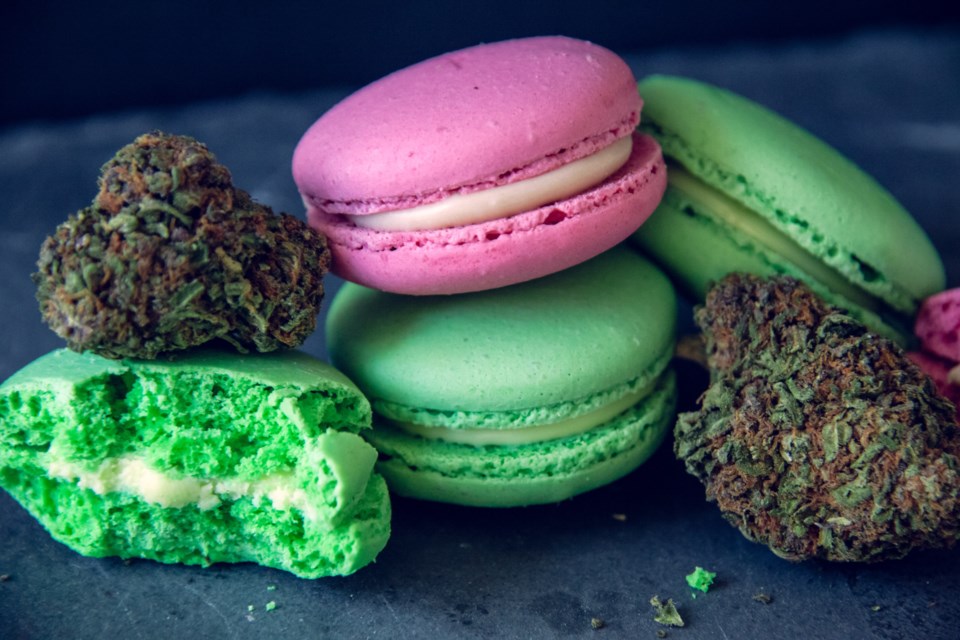The jokes seem to write themselves: only government could lose money on marijuana – but that’s exactly what has happened. BC and Ontario are both losing millions of dollars in taxpayer money trying to sell a product that, for years, has effectively sold itself.
According to Stats Can estimates, Canadians spend $2 on illegal weed for every $1 spent in the legal market.
“They thought that a lot of people were going to switch over to the legal system. There’s a black market system, a lot of people know their dealers and trust their dealers,” said Dani Kent, owner of Cannabis accessory shop Hempress Edina.
A self-proclaimed “prolific consumer” of cannabis, Kent said she has tried legal weed a few times and what came in the mail was over a year old and turning brown.
“It’s lost all its freshness because it’s been sitting in a government warehouse.”
“The last batch that I got it was brown, it was so old,” said Kent.
The concern from many enthusiasts like her is now that edibles are legal, the same thing will happen. Products sold through legal government sources will be old and tasteless once they finally arrive at your door.
“It’ll be rock hard, you’ll chip your teeth,” laughs Kent. “They’re going to lose to the black market and the backyard.”
“I wouldn’t be surprised if people are buying it in the black market not even realizing that it’s black market.”
For marijuana activist Jodie Emery, the immediate concern with legalization of edibles is that medical marijuana patients still won’t be able to access their medicine. For many, she said, 10mg for medical reasons is not enough – but that’s the limit for legal edibles.
“If Canadians think that the chocolate bars and the gummies and the tinctures that they’ve been using are going to be legalized, they won’t,” said Emery, “they are going to remain illegal.”
She also said she worries about legal companies turning old marijuana that they can no longer sell to be smoked into edibles:
“When these companies are being allowed to turn this bad bud into edibles you don’t see the problems.”
“Legalization has been a loss for taxpayers [to date] and a massive cost,” says Emery.
I would have to agree. In the private market, if you don’t have good product, people aren’t going to buy it.
Instead of making the same mistakes with edibles as many of the provinces did with the first phase of legalization, they would do well to study the thriving (albeit black) market that already exists.
Otherwise it’s very likely us taxpayers will be on the hook for even more.
Ada Slivinski is the Founder & Principal of Jam PR, a boutique agency focused on helping small businesses get big exposure. You can reach her at [email protected]
SWIM ON:
- In January, Ada Slivinski found that bureaucracy was keeping the black market on cannabis viable.
- Pamela Bragg on the cultural shift taking place after cannabis legalization, and how it affects the workplace.
- After a contentious debate about size and scope, Jody Vance pondered the past, present, and future of Vancouver's 4/20 protest/festival/event.



